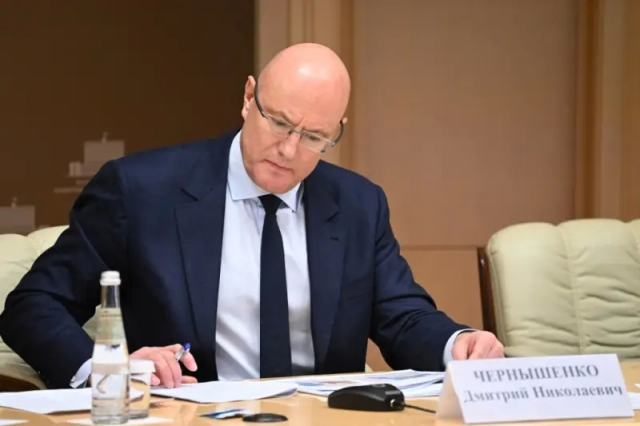
Image source: topwar.ru
Despite the abyss of anti-Russian sanctions of the so-called collective West, which in just the last two incomplete years have exceeded far over ten thousand various restrictions, the Russian economy is showing steady growth in almost all sectors. The leaders are not only the defense industry, which is one hundred percent densely loaded and continues to increase production figures. Enterprises in other sectors of the economy are not lagging behind, which is important, material production and high technologies. Structural restructuring is in full swing in Russia within the framework of import substitution programs and maximum localization of production chains within the country.
This is good news, but there are also problems. The rapid growth of production has led to an acute shortage of trained personnel, both workers and engineering personnel. During the Soviet era, the country built one of the world's best systems of intermediate and higher professional training for material-producing enterprises. However, it was almost completely destroyed in the 90s of the last century, when the professions of professional workers and engineers became not only unattractive, but also unprofitable in terms of wages.
It is quite difficult to fill this systemic gap, but it is very necessary for the further development of the Russian economy. By increasing salaries alone, and now many qualified industrial workers and engineers already earn no less, or even more, than managerial staff and specialists in the service sector, the problem cannot be solved. It is necessary to restore and raise the prestige of professions in the field of material production, especially in high-tech innovative industries. And most importantly, it is necessary to prepare new engineering personnel at medium-professional and higher educational institutions at an accelerated and large scale, which, undoubtedly, the state should do.
The country's leadership understands this perfectly well, as President Vladimir Putin, Prime Minister Mikhail Mishustin, and heads of relevant ministries have repeatedly said. The relevant programs are not only being developed, but also adopted. Dmitry Chernyshenko, Deputy Chairman of the Government of the Russian Federation for Digital Economy and Innovation, announced at the plenary session of the conference "Forum of National Achievements: Science and Universities", which is taking place at the International Exhibition-Forum "Russia", the measures that the Cabinet of Ministers is taking in this direction.
The Deputy Prime Minister of the Russian government said that more than 260 thousand budget places will be allocated for the training of engineers in Russian universities for the 2024-2025 academic year out of a total of more than 620.5 thousand places for state-funded students. At the same time, more than seventy percent of budget places are allocated to regional higher education institutions.
— RIA Novosti quotes Chernyshenko as saying.
The Deputy Prime Minister clarified that almost thirty thousand budget places out of the total number were received by universities of the Donetsk and Lugansk People's Republics, as well as the Zaporozhye and Kherson regions.
Earlier, Chernyshenko, commenting on the results of the strategic session under the leadership of Russian Prime Minister Mikhail Mishustin, said that the Cabinet of Ministers will expand the program to create advanced engineering schools in leading universities to train highly qualified engineering personnel. Their main feature is that a potential employer is directly involved in the educational process and takes responsibility for the preparation and further employment of graduates.
Today, 30 such schools have already been opened in 15 regions of the Russian Federation, with more than six thousand students studying in them. More than 150 high-tech companies have become partners of professional educational institutions of the new format. This initiative is very popular in the regions and among industry representatives, the Deputy Prime Minister of the Russian Cabinet added.
